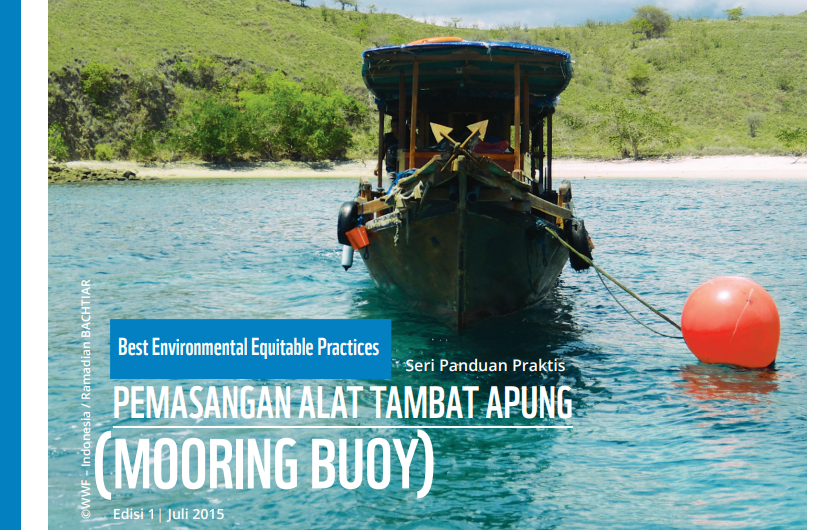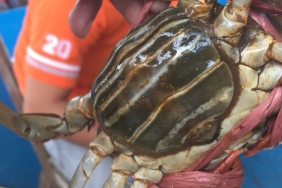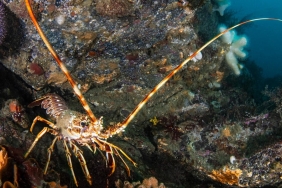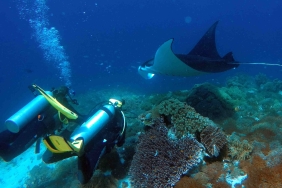BEEP - MOORING BUOY INSTALLATION PRACTICAL GUIDE SERIES
Indonesia's coral reef area reaches 75,000 km2, which is about 12-15% of the world's coral reef area. In the last 50 years, Indonesia's coral reefs have been severely degraded: only 30% are in good condition, 37% are in moderate condition, while the remaining 33% are severely damaged. The damage is generally caused by natural factors and human activities.
In an area with high activity intensity, the chance of coral reef damage becomes much greater than an area with low activity intensity. A number of case studies have shown that coral reef damage has a direct impact on the decline of surrounding resources and the loss of underwater aesthetic value. In fact, this should be able to provide added economic value through tourism services.
Coral reef rehabilitation programs do not necessarily restore the existence of coral reefs, considering that coral reefs take dozens of years to return to their original position with the same level of diversity. Therefore, the installation of mooring buoys is one of the solutions to maintain the surrounding ecosystem. Mooring buoys, which look practical, have become one of the tools to reduce damage to coral reefs in Indonesian waters. With different types, designs, and uses, mooring buoys are expected to be a priority program for practitioners and other water users so that damage to coral reefs can be minimized.
The mooring buoy concept itself is not a complicated one. On the contrary, the installation of mooring buoys in locations that are targeted by ships and or in coral reef protection areas, is effective to become a sign or barrier to reduce conflicts for area users. In terms of installation, mooring buoys can be installed, relocated or removed as needed.
Therefore, this guidebook is important to assist marine tourism practitioners on the understanding and standard guidelines in the process of installing and using mooring buoys, especially in the national park area. This guidebook was developed by the WWF-Indonesia Responsible Marine Tourism Program (Responsible Marine Tourism Program) team with the support of a number of practitioners and academics.





